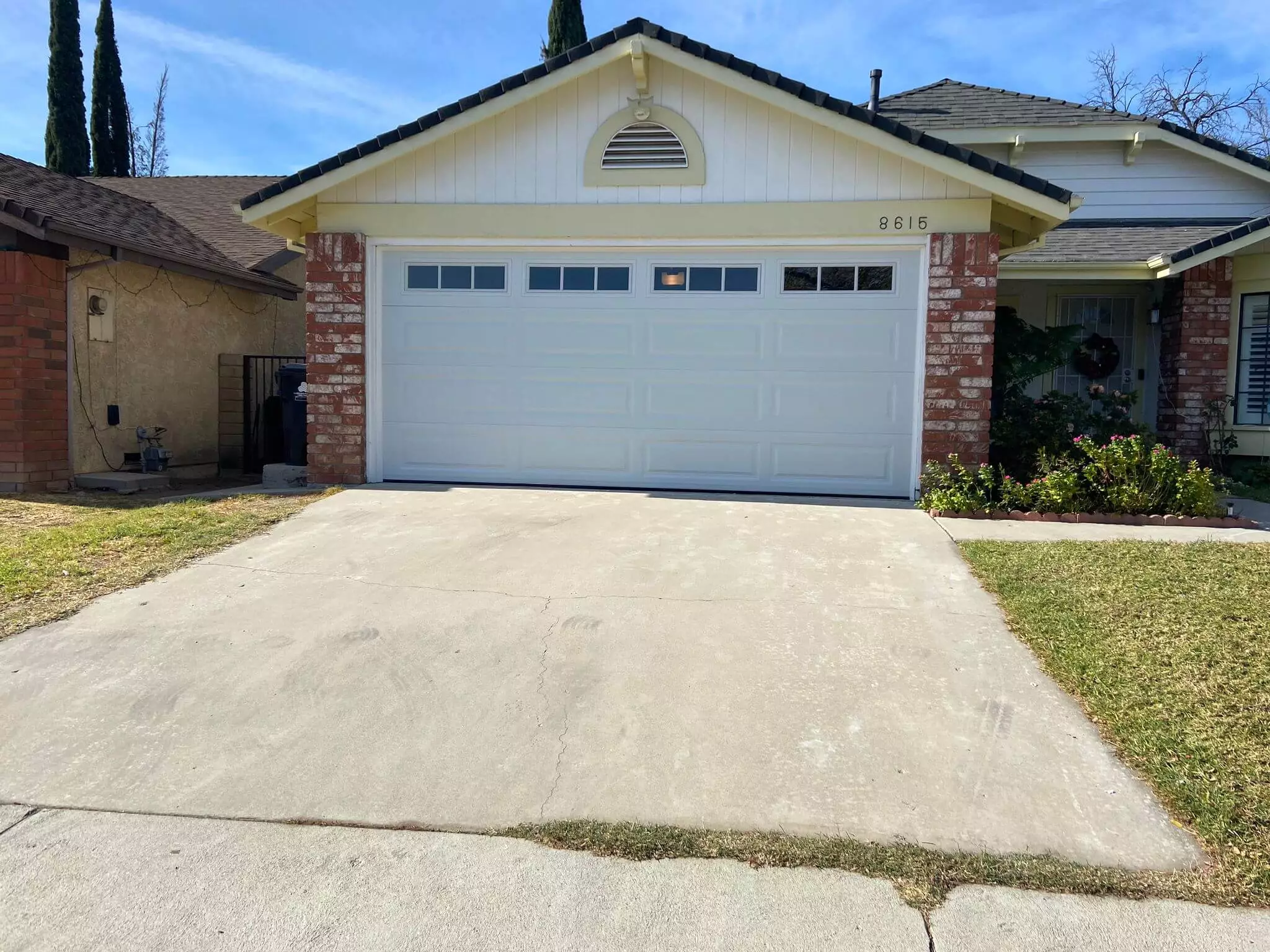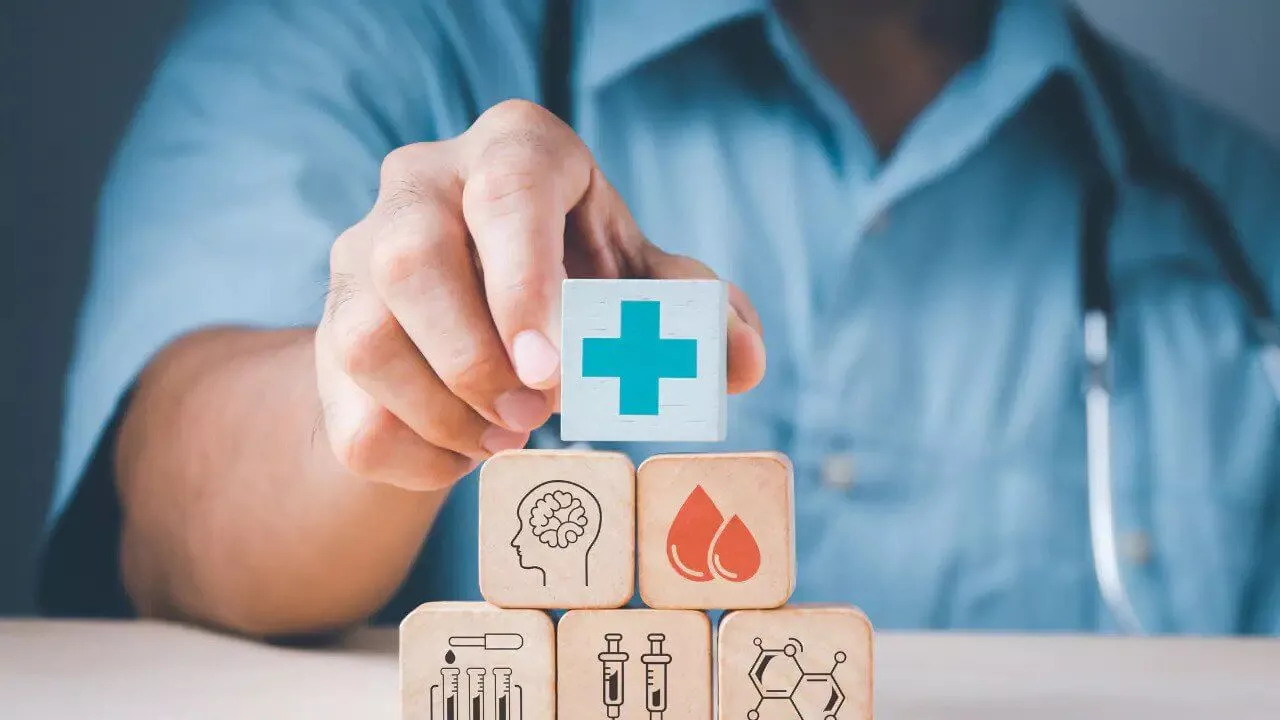Attention Deficit Hyperactivity Disorder (ADHD) is a neurodevelopmental condition that affects both children and adults, often continuing into adulthood. It can lead to difficulties in attention, impulsivity, and hyperactivity. Fortunately, several effective treatment options are available, especially tailored for individuals over the age of 16. Let’s explore some of the best medications and therapies designed to help manage ADHD symptoms.

Content
Medications for ADHD
One of the most common treatments for ADHD is medication. These medications are often prescribed by an ADHD specialist, and they come in two major types: stimulants and non-stimulants.
- Stimulants: These are the most frequently prescribed and have been found to be highly effective in reducing symptoms like hyperactivity and inattention. Common examples include methylphenidate (Ritalin) and amphetamines (Adderall). They work by increasing the levels of dopamine and norepinephrine in the brain, improving focus and impulse control.
- Non-Stimulants: If stimulants aren’t effective or cause unwanted side effects, non-stimulant medications like atomoxetine (Strattera) or certain antidepressants may be recommended. These can also help with attention and focus but take longer to work compared to stimulants.
Behavioral Therapy
Medication alone isn’t always enough. For many, combining therapy with medication provides a more comprehensive approach. Here are some common therapies used to manage ADHD:
- Cognitive Behavioral Therapy (CBT): CBT is an evidence-based therapy that helps individuals manage negative thought patterns and behaviors. For ADHD, it focuses on strategies to improve organizational skills, time management, and problem-solving abilities.
- Coaching and Organizational Skills Training: ADHD coaches can help teens and adults develop personalized strategies for managing day-to-day tasks, maintaining schedules, and improving focus.
- Family Therapy: Since ADHD can affect family dynamics, therapy involving family members can be beneficial. This helps improve communication and provides support for the person with ADHD.
Lifestyle Adjustments
Beyond medications and therapy, lifestyle changes can significantly impact how well someone manages ADHD. Regular exercise, a balanced diet, sufficient sleep, and mindfulness practices like meditation can improve focus and reduce stress.
In conclusion, ADHD treatment often requires a multi-faceted approach that includes medication, therapy, and lifestyle adjustments. An ADHD specialist can tailor these treatments to suit the needs of individuals over 16, ensuring the best outcomes for long-term management.

Bradley attended Boston University where he received a Bachelor’s degree in Economics and Political Science as well as a Master’s degree in Business Administration from Columbia University Graduate School of Business (currently attending). He loves to write about everything business related.











